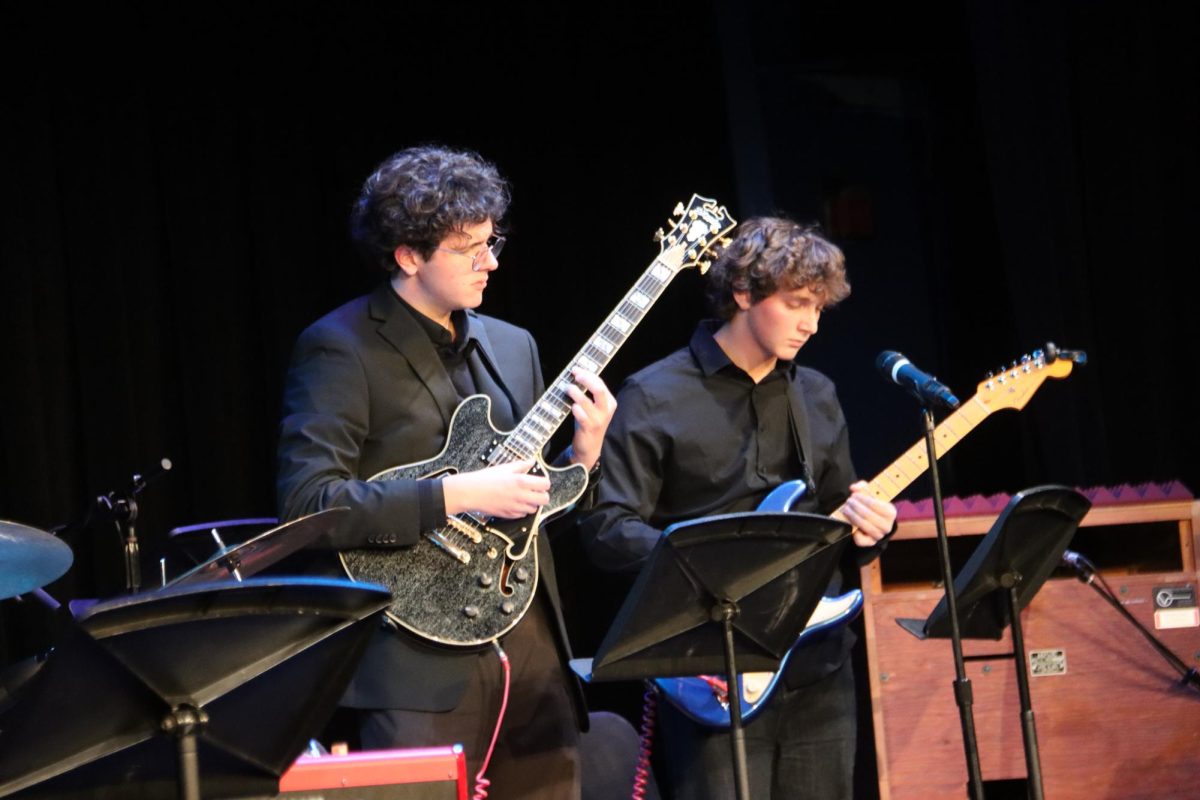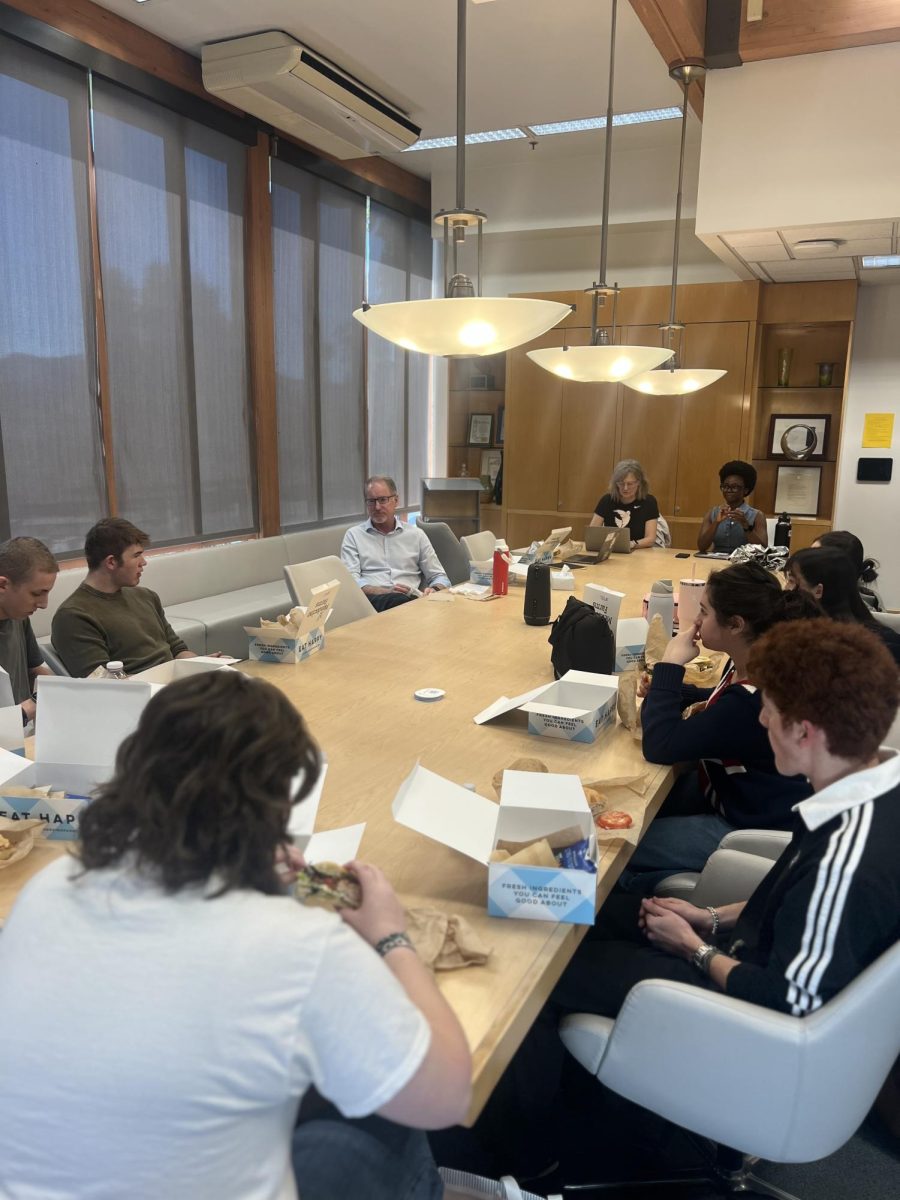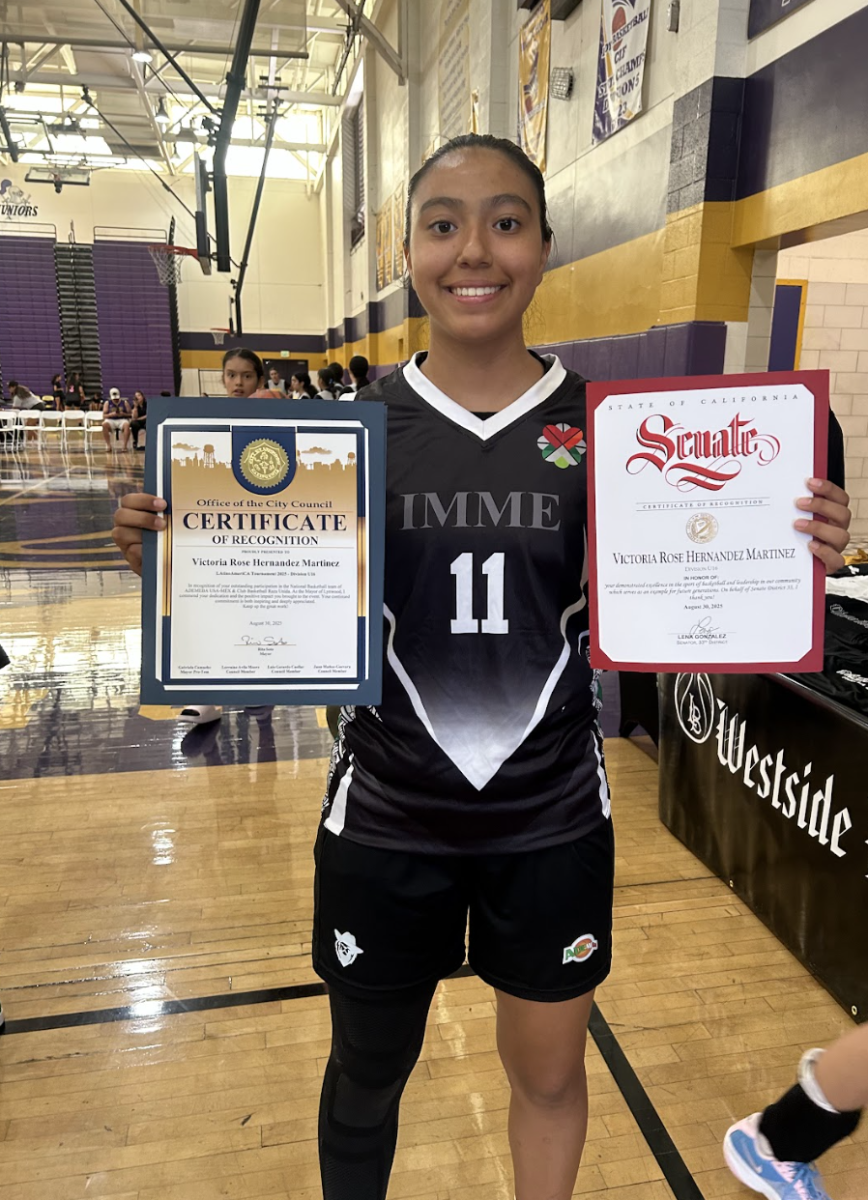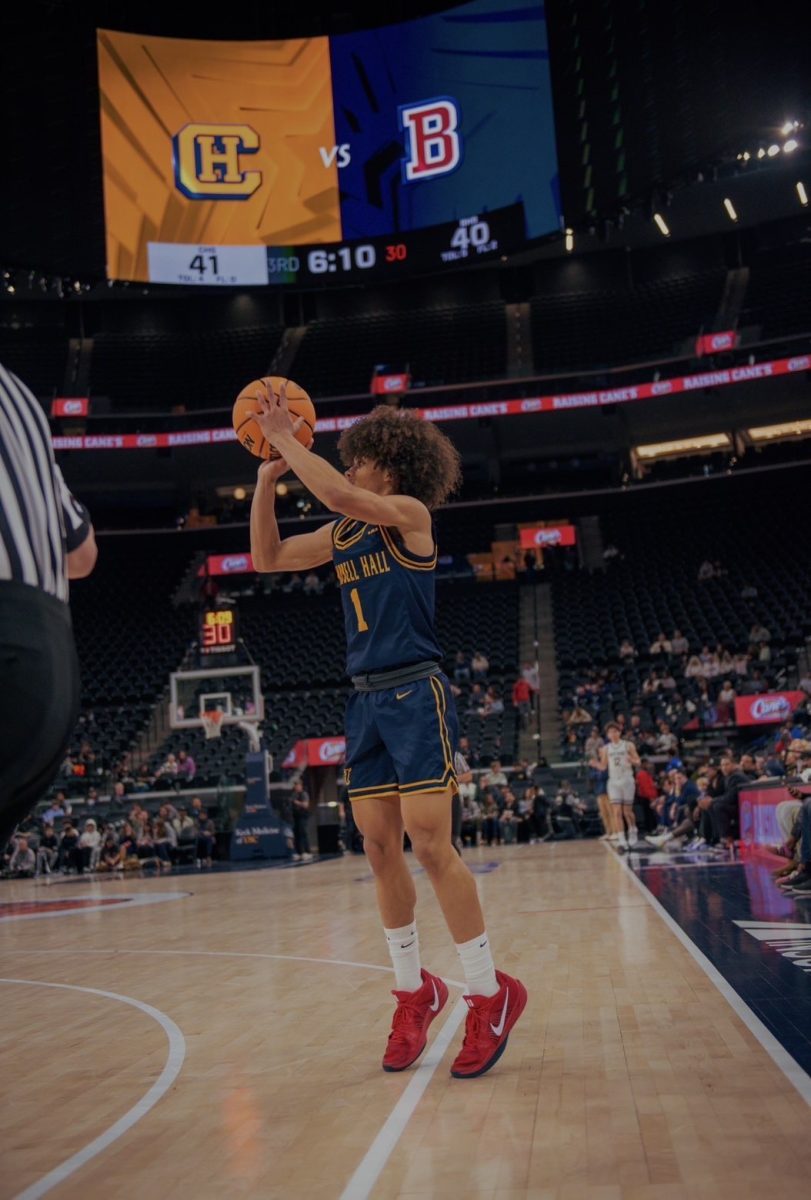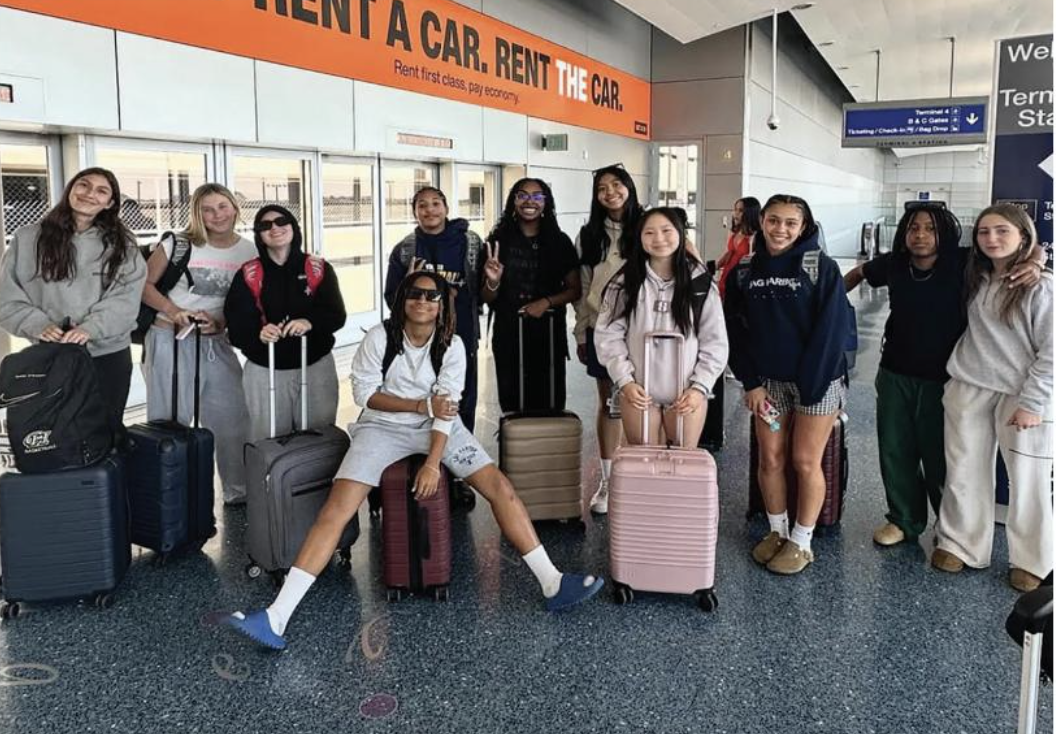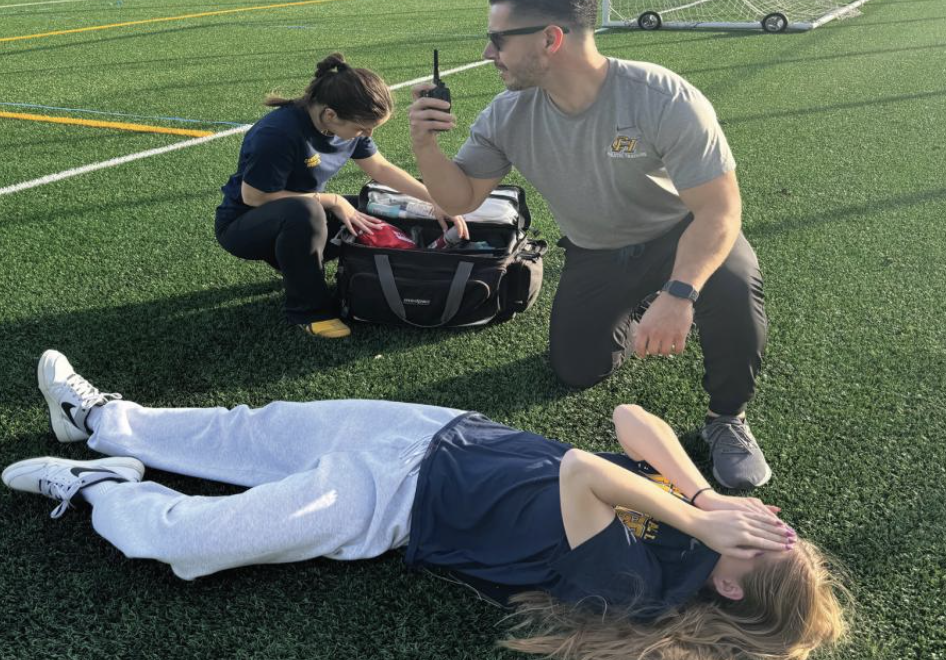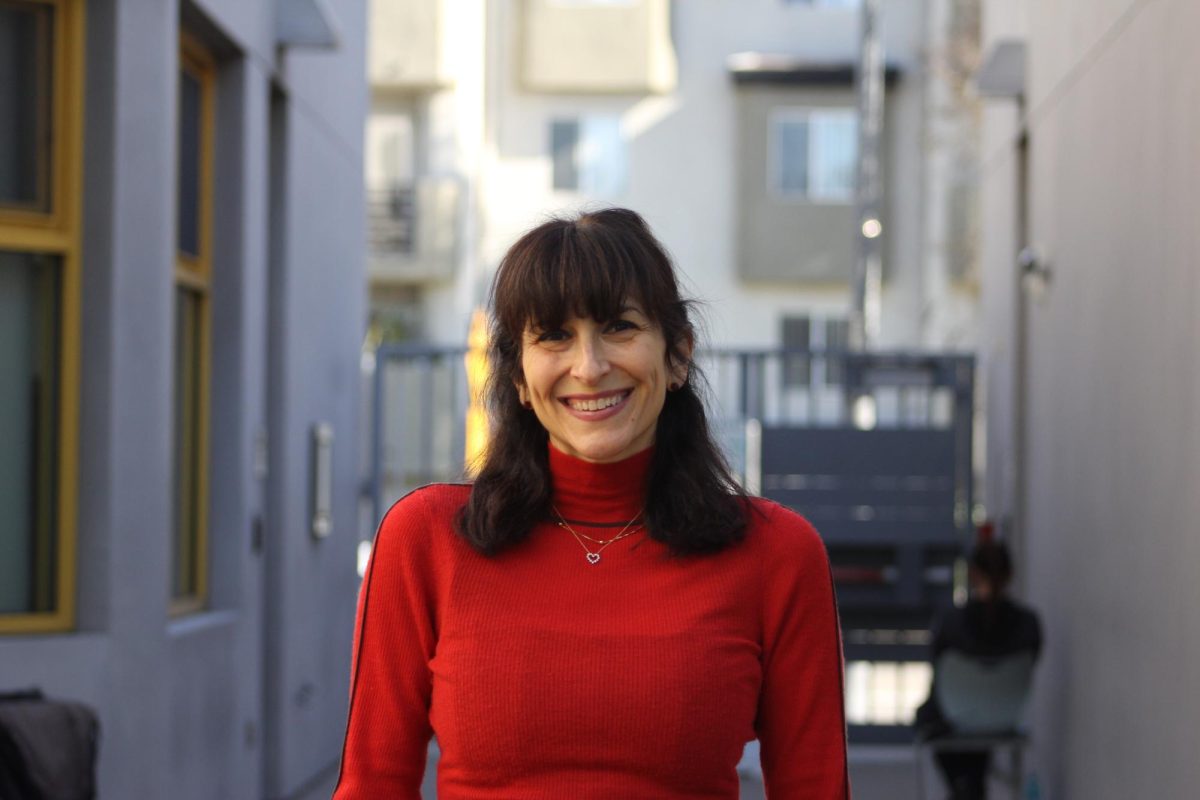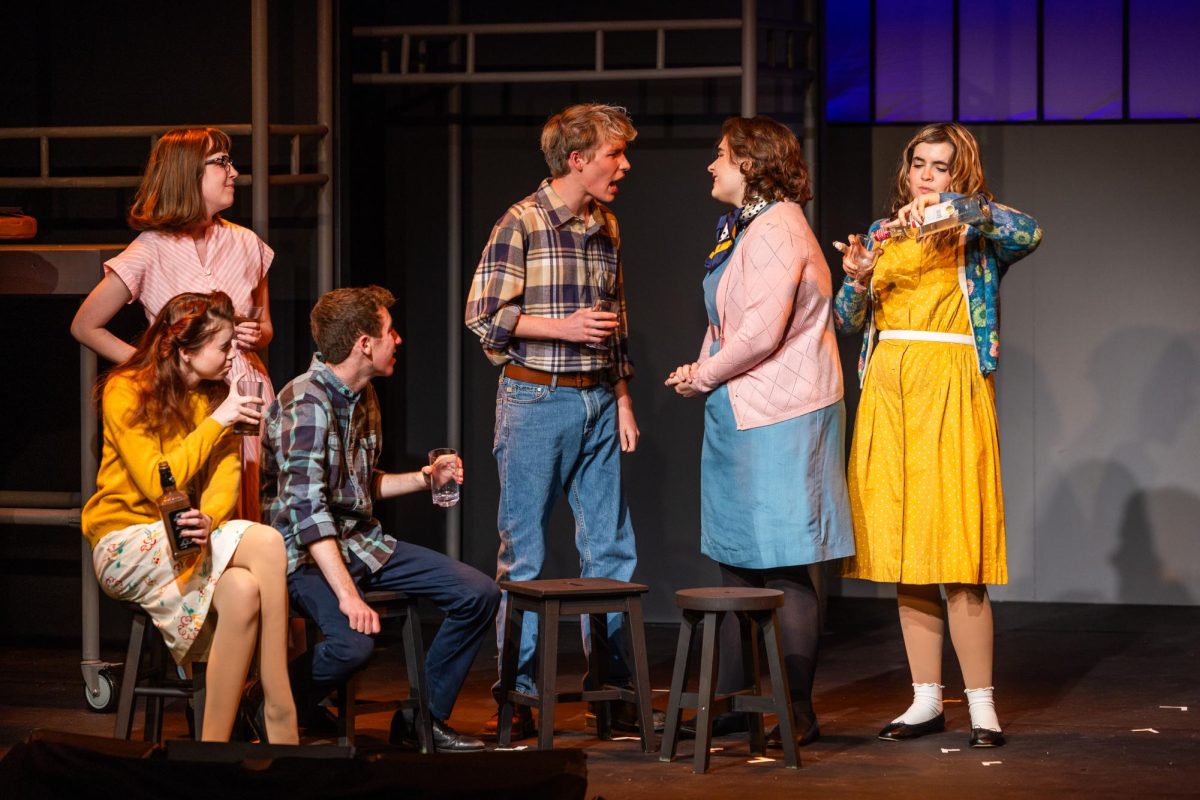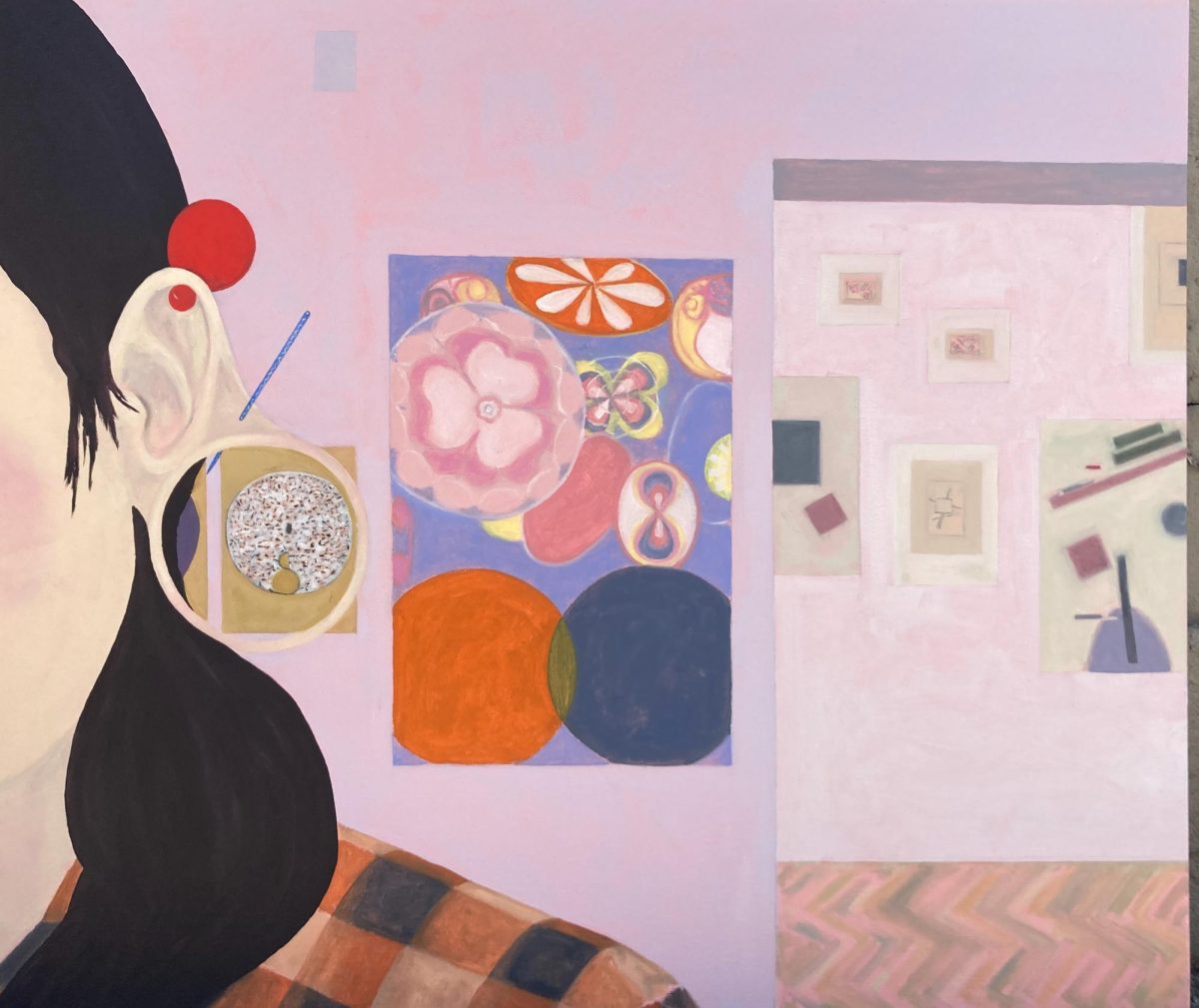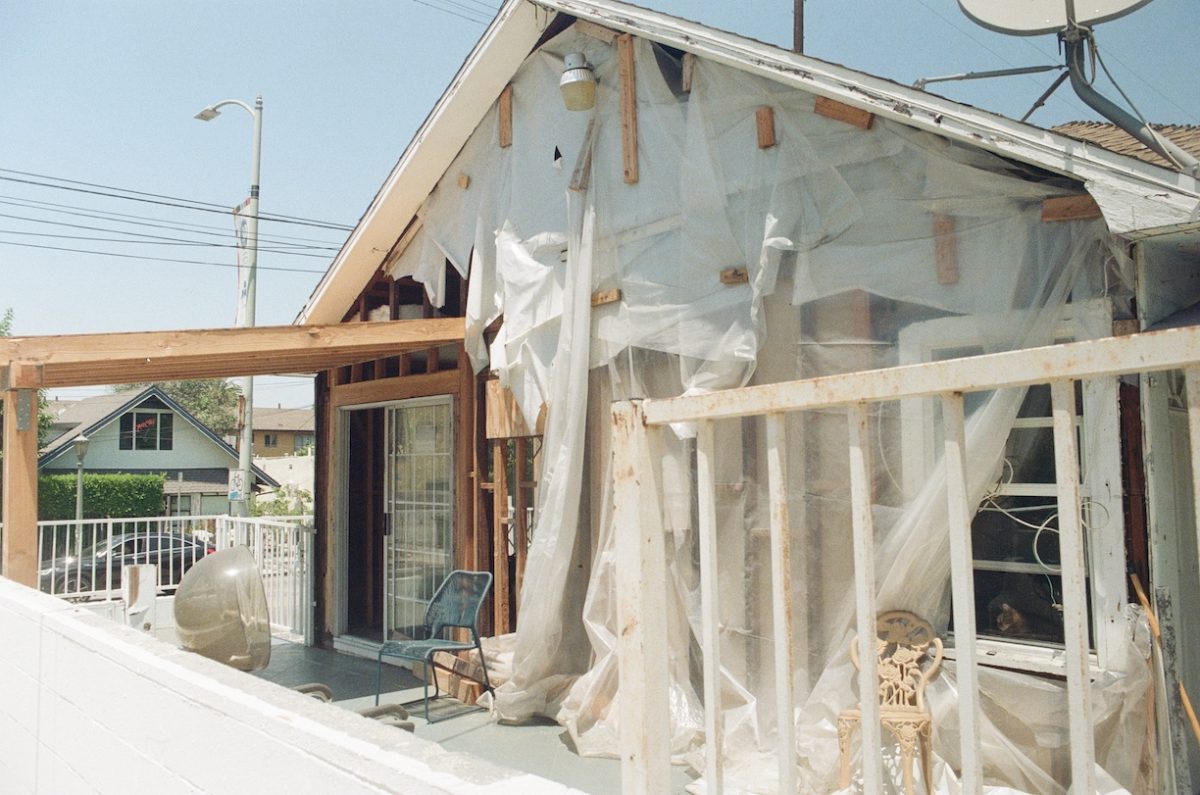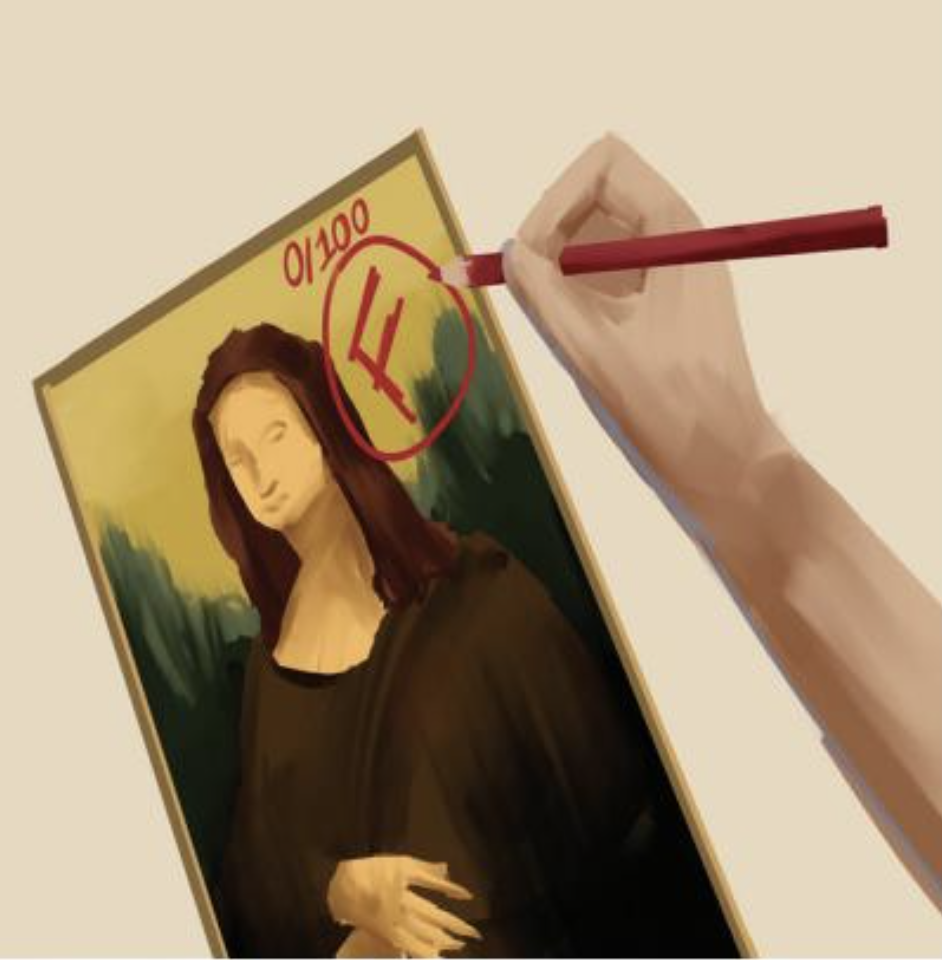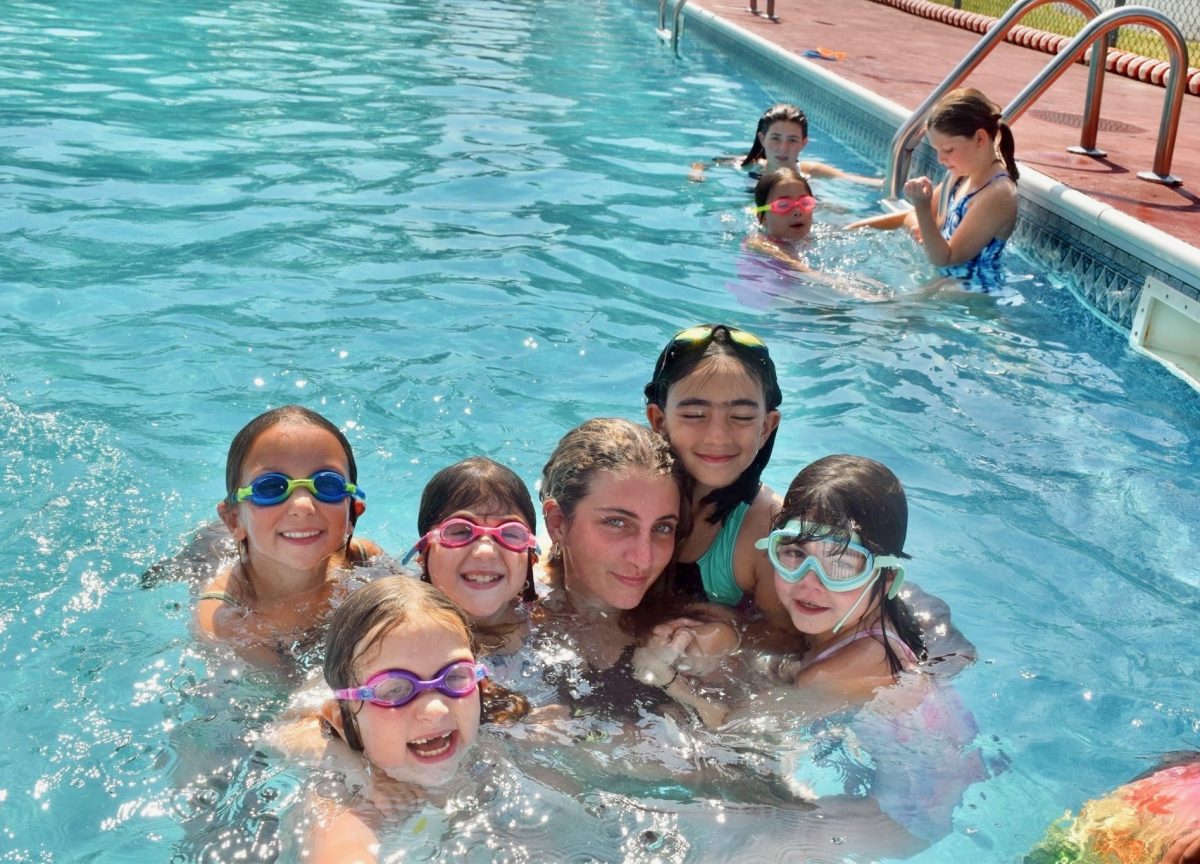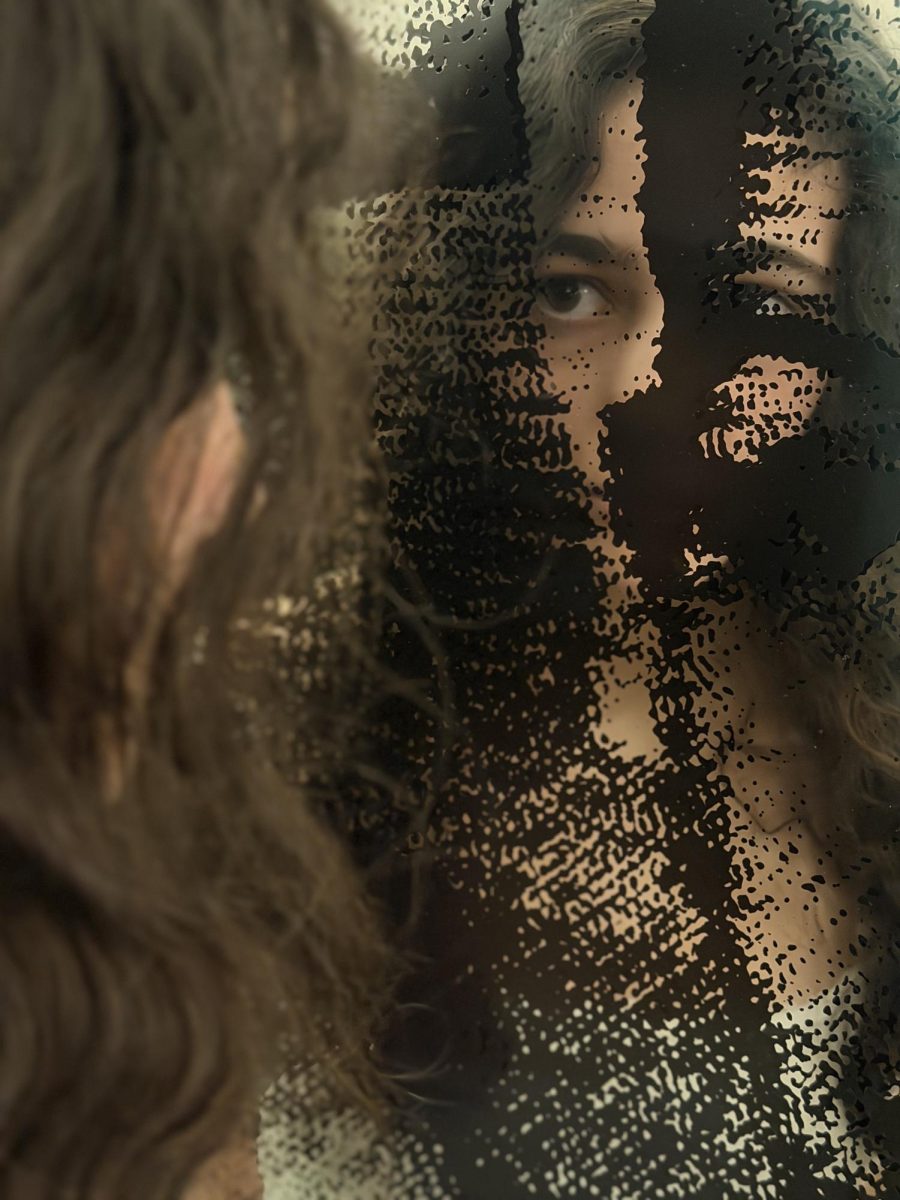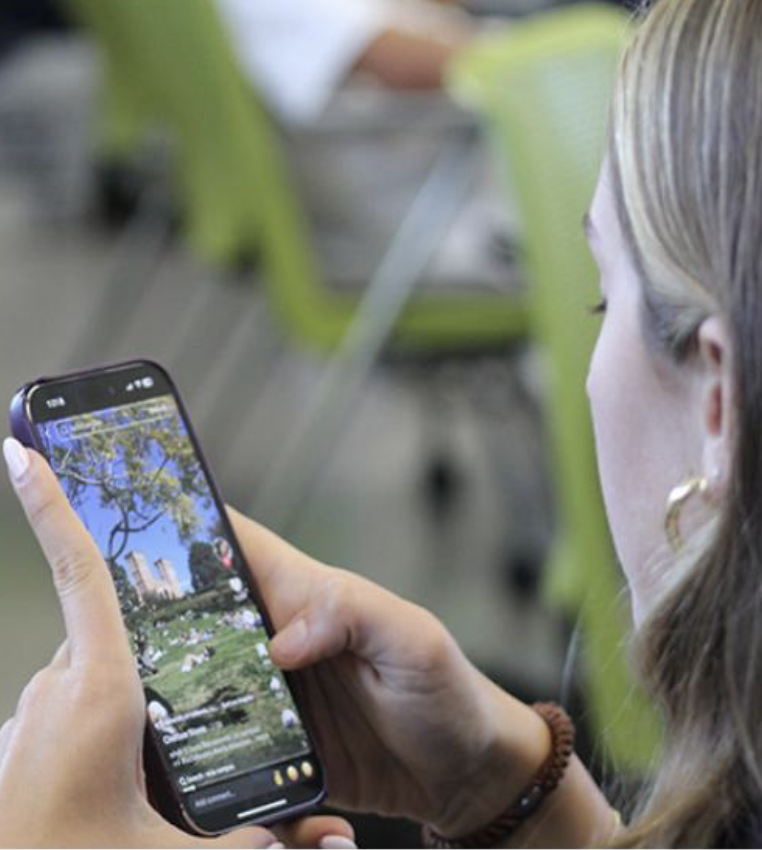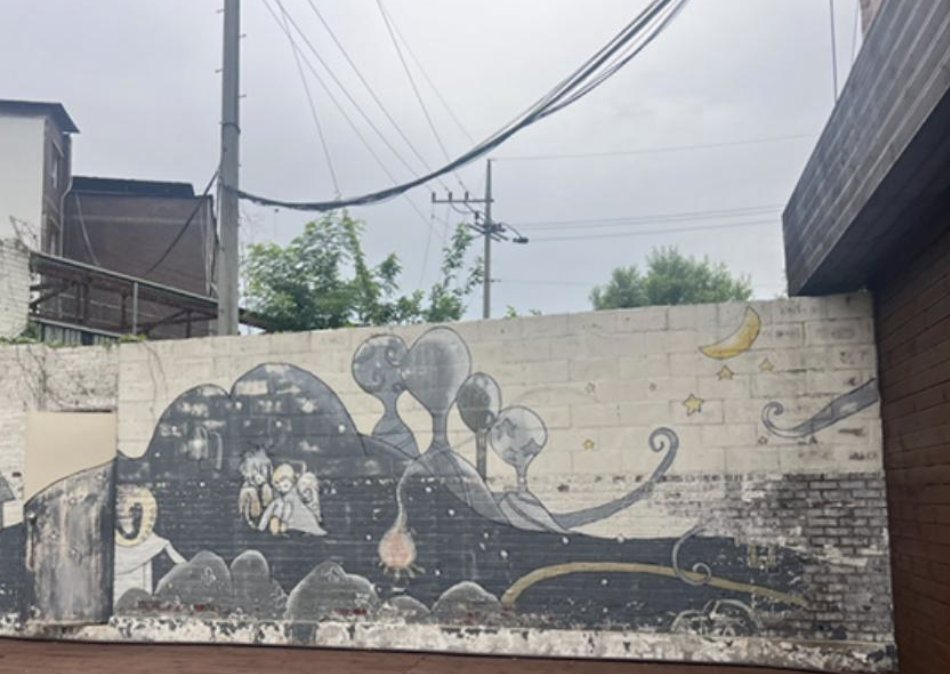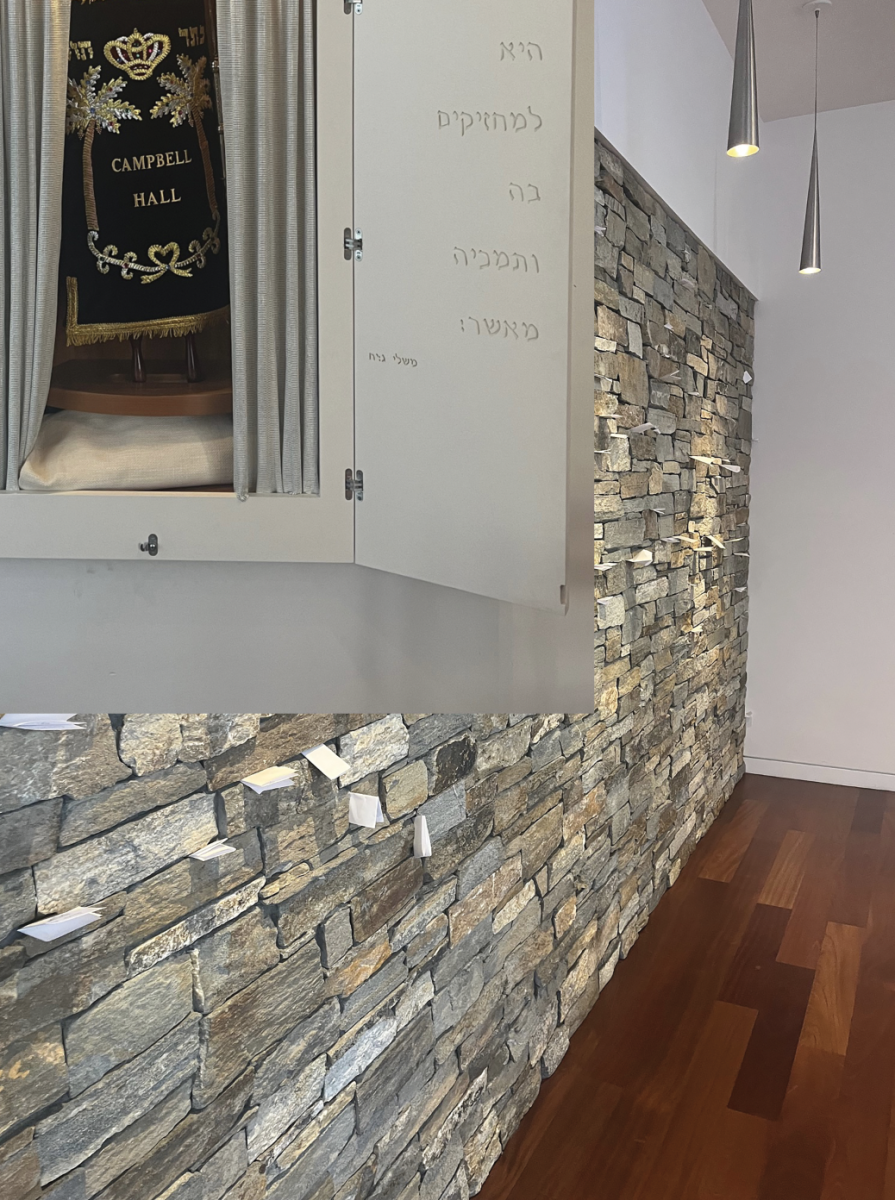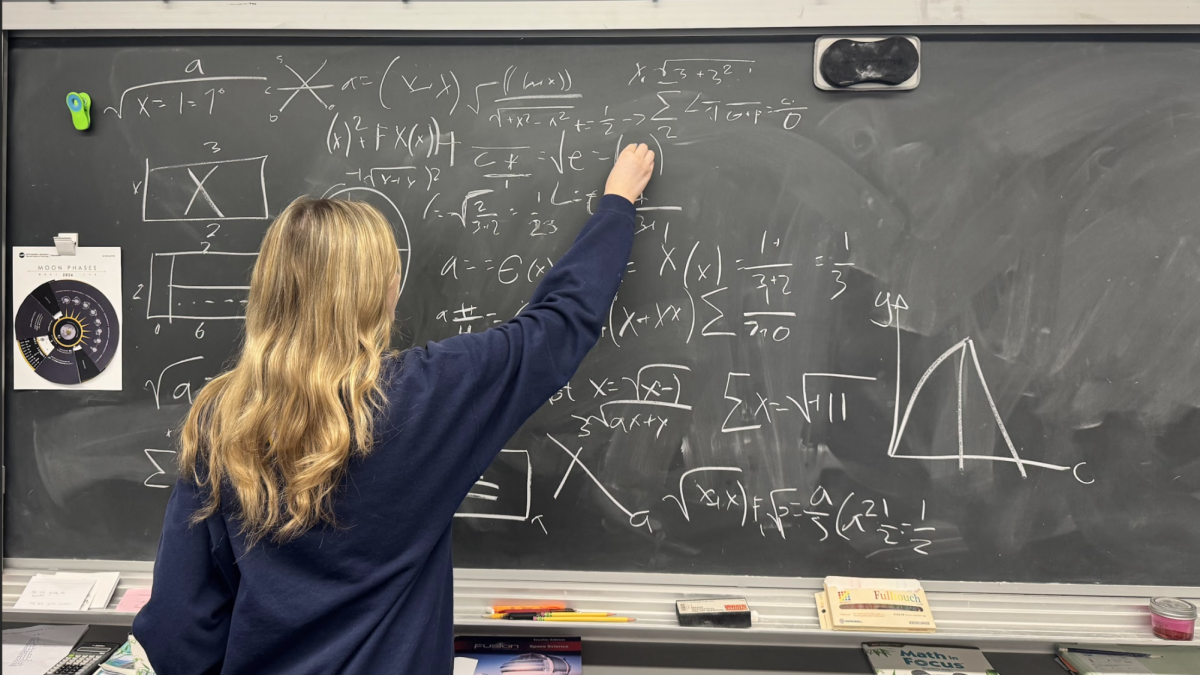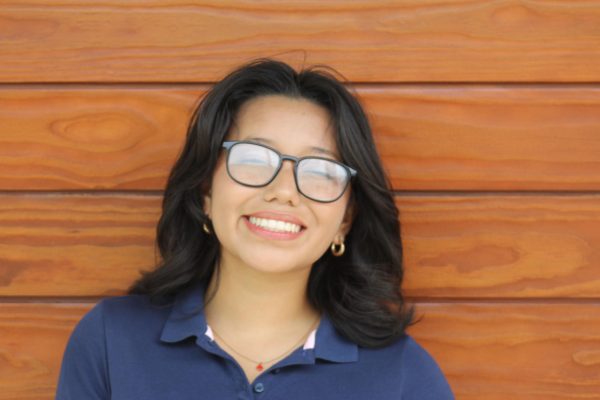Before he was a school chaplain at Campbell Hall, the Rev. Canon Norman Hull was a priest at St. Mark’s in Van Nuys. Building relationships with Rabbis at the North Hollywood Interfaith Food Pantry, Hull felt his appreciation of the world expand; sharing ideas with those of other faiths made his understanding of Christianity even greater. Now, 30 years later, Hull watches proudly as Muslim students give presentations on Ramadan in middle school chapel, explaining the personal meaning of their faith and allowing others to see the common value of fasting and prayer.
In his 7th grade World Religions class, Hull hopes to convey this sense of similarity among major religions. Even though he details what makes each of these faiths unique, Hull feels that students leave with a strong understanding of the connections that unite spiritual people. In a similar sense, through rooting middle school chapel in both Episcopal belief and a diverse selection of faith traditions, Hull aims to create a welcoming and diverse community of faith at Campbell Hall.
“Students leave chapel after two years of middle school having heard a myriad of prayers and blessings from the world’s faiths,” Hull said. “We [also ask] eighth graders who are Hindu, Muslim, or Buddhist, for example, to share their stories. [Then chapel becomes] a safe place to talk about this, because they respect each other’s voices. So when they then look at issues around the world and they look at challenges we face, they can say, ‘why don’t we start with what we share instead of what’s different?’”
Guy Podell ‘27 joined Campbell Hall in 7th grade. He sees in this diversity a marked difference from his old school, where he felt there weren’t a lot of opportunities to talk about Judaism or celebrations of Jewish holidays. He believes that the Jewish Affinity Group, which meets monthly, and celebrates Shabbat on Fridays, is central to creating a strong Jewish community and sense of belonging and inclusion at the school. Further, he feels that even mentioning religious celebrations in chapel goes a long way.
“There’s Passover Chapel, there’s Christmas chapel, there’s Ramadan Chapel,” Podell said. “Our principal [is a practicing Muslim] and talks about Hajj and that she has a prayer bed in her office. The school does a really good job in creating a very open space for everyone who’s not just Episcopalian or Christian.”
On the contrary, Kira Ferren ‘27, an atheist, does not think that these references are enough to truly honor a religion. She maintains there is a difference between respecting and truly honoring a religion, which she has observed firsthand in chapel. This has impacted the way Ferren sees inclusivity at Campbell Hall. For her, the Asian American and Pacific Islander (AAPI) month chapel exemplifies this difference.
“I wouldn’t say [all religions are] honored in chapel,” said Ferren. “I think [they’re] respected. Last year for AAPI month I don’t think that they honored [Asian] religions; they were just briefly mentioned. Respecting is to acknowledge, but to not do anything else. I think honoring is when you’re actively going out of your way to celebrate other religions.”
Hull feels that open-mindedness is a core value of Campbell Hall. He recalls that, since its founding, Campbell Hall has been more focused on spiritual and moral formation than a distinctly Christian education. Further, he feels that the school’s Episcopal grounding and the emphasis on tolerance and understanding has contributed to a more inclusive and religiously diverse school community.
“The Episcopal church has always been at the core of who we are,” Hull said. “[Campbell Hall] is a place that is proud of our tradition, excited about what we believe and includes everybody in the conversation. The Episcopal church has always felt that interfaith relationships strengthen who we are and everybody else around, so [religious inclusion] is a part of the Episcopal tradition.”
Joseph Courtney, high school chaplain, feels this open dialogue extends to religious concerns. If a student, Episcopalian or otherwise, were to approach him with personal issues pertaining to religion, Courtney feels he is equipped to aid them in their spiritual journey. In an effort to include all world religions, Courtney has a collection of books with prayers from different religions that he quotes during chapel such as Buddhism, Islam and Native American spiritualities.
“I’m trained as a chaplain, and that’s part of the chaplain’s role,” Courtney said. “I say to everybody that I will accompany [them] in their spiritual tradition, no matter what that path is. I have a rich education in Christian traditions, but I also have a wide respect for all of the world’s religions. I’m able to ask the same questions of a Christian I could ask of anybody: ‘what does [their religion] mean to them, and how [can] we as a school support them with those specific needs or concerns?”


